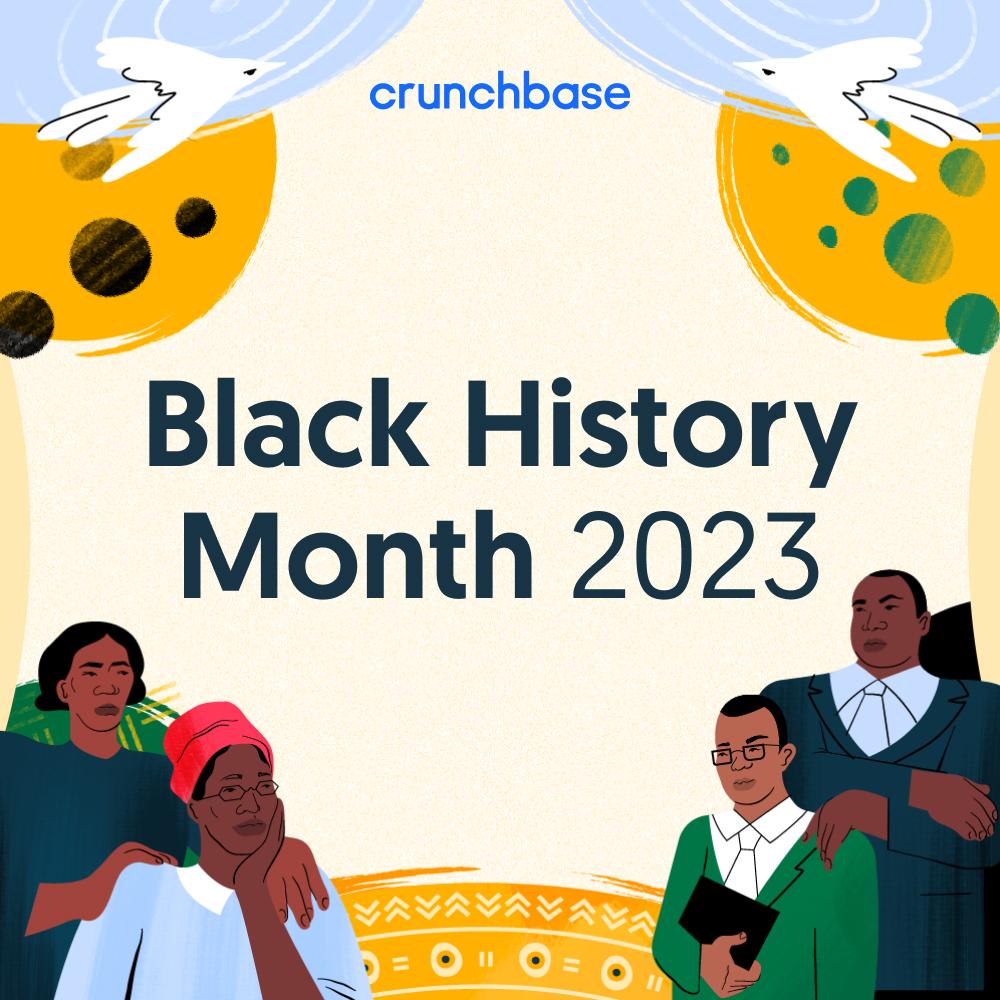Crunchbase Spotlight is a series that celebrates diversity and inclusion in entrepreneurship, venture capital, and tech by profiling people of color, women, and individuals who identify as LGBTQ.
 While technology has certainly added value to people’s lives, one can argue that it has also started eroding the human-to-human interaction.
While technology has certainly added value to people’s lives, one can argue that it has also started eroding the human-to-human interaction.
It’s not uncommon to go to a restaurant and see people on their phones rather than having a conversation, for example.
Naturally, where a problem arises, entrepreneurs move in to solve it. We were able to connect with one such entrepreneur who’s building a company to create more opportunities for face-to-face interactions.
Meet Isa Watson, the Founder and CEO of Squad. Squad is an invite-only community for millennials and Gen Z looking to move beyond screens and emoji to real-life connections.
Jeremy: Walk me through your career starting right finishing college and leading up to founding Squad.
Isa: I started my career as a diabetes chemist at Pfizer where I was mostly focused on synthesizing glucokinase activators. My work was published in international chemistry journals. I then attended Cornell University, obtaining an MS in Pharmacology. At 20 years old, I was one of the youngest internationally published chemists in the world.
I went to get my MBA at MIT where I mostly focused on Economics and other more “technical” business and engineering topics. I accidentally fell into Wall Street and was recruited by JPMorgan and many other firms to join their healthcare investment banking practice; they were attracted to the fact that I had a lab and research science background. My last corporate position was as VP of Strategy & Digital Product.
Squad was initially born out of my observation that the departments of the bank with stronger employee communities were the stronger performing divisions. I was also seeing this trend in my personal life too. As I started to develop relationships with and get close to extraordinarily successful people, their real-life community was a huge driver to their success — not the number of Instagram or Twitter followers they had.
Jeremy: What was the moment in time when you knew you wanted to start your own company?
Isa: Ironically, MIT is a big school for entrepreneurship and during my time there, I had zero interest in becoming an entrepreneur. But I have always been obsessed with solving large-scale problems. I knew I wanted to start my own company when I became passionate about solving a problem. We had gotten to a place where traditional social media was falling short. While social media platforms provided access to content, it was making people feel more lonely and less able to build real-life relationships. That was the genesis of Squad.
Jeremy: Squad recently announced its launch. First, what does the company do? Second, what is the business model?
Isa: Squad is two things: it’s an invite-only app and it’s a community. We discovered that millennials and Gen Z were struggling to build real-life communities and connect with like-minded people. The future is about human connection and the Squad app gives those generations a way to connect in real life, build their network, and have fun!
On the app, members have access to a variety of curated events which they can sign up for and attend. After attending event experiences, fellow attendees of those events will be “unlocked” in your community on the app for you to message and connect with via social media. The Squad experience mimics the way people build relationships in real life and is much more solid than seeing a pretty picture and swiping right to chat.
Monthly Squad membership dues are $10 – less than the price of Netflix. All Squad members have access to our exclusive community and some of the event experiences are free, with the average paid event experience ranges from $15-25.
Jeremy: Squad is an invite-only community for millennials and Gen Z. What are the requirements to join beyond the generation a person belongs to?
Isa: There are two ways to become a Squad member: by referral or by application. Prospective members automatically get accepted if two existing Squad members refer them. Each referral is done via the app using a person’s phone number. So far we’ve received thousands of applications to join the community and there is currently a waitlist.
Jeremy: You’ve had 150+ meetings in Silicon Valley over the course of two years. What are some lessons you’ve learned about fundraising and pitching investors?
Isa: Connecting with people as humans and telling a good story is most important – even more important than the problem you’re solving. I think a lot of founders focus on the merits of their idea when they should first focus on connecting with the person they’re speaking with. A good clue that you’re gaining network momentum, is when you start getting an additional 2-3 intros from each meeting you have.
I’ve also learned that men tell bigger stories, naturally. Men confidently state some astronomical market size and 12-month revenue target. Whereas women tend to be a bit more cautious and methodical with numbers, as we don’t want to fall short of the expectation we’ve created. Over time, I’ve stopped caring as much about falling short of that expectation.
Jeremy: Squad is your first startup. What are some lessons you’ve learned about starting and scaling a company so far?
Isa: So much of success is less about the specific problem, solution, etc., because all of that stuff changes. It’s more about the village that you build around yourself as an entrepreneur. Unlike my life in corporate America, as an entrepreneur, my professional and personal lives blend together a lot more. Finding that perfect blend of support via the village I have created for myself, is much more critical to my success than just being smart.
Secondly, scaling has iterations. I hear many people talk about achieving product market fit and then scaling that thing in a linear fashion. There are so many iterations of scaling. The feature that worked well when you had 5-20k users may very well not work well for 100k users. There is a constant need to be open to learning and re-learning your user/customer base. We can never be complacent and they’re always teaching us something new.
Jeremy: When you reflect on your journey, what has been the most rewarding thing about being an entrepreneur?
Isa: The most rewarding thing has been creating something that positively impacts the lives of so many people. In my corporate America roles, I was known as “Miss Get Stuff Done.” However, I still did not get the level of satisfaction of creating positive change in the world, as I now do with Squad.
Stay tuned for the next installment of the Crunchbase Spotlight.






